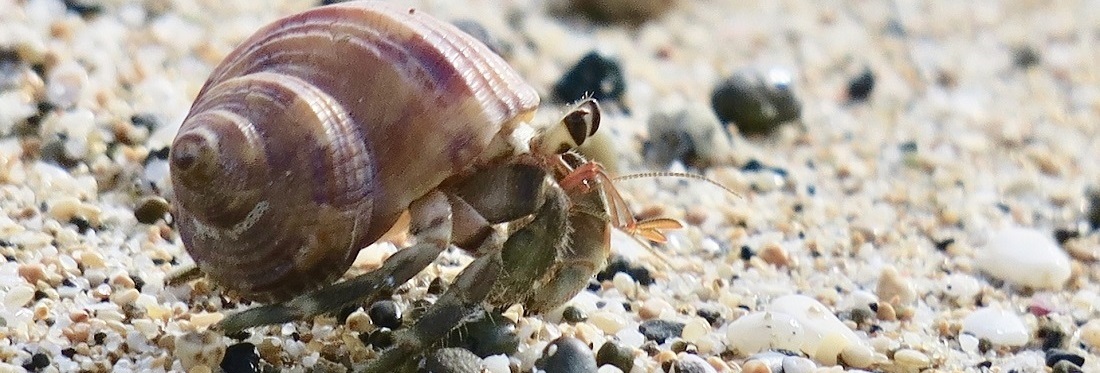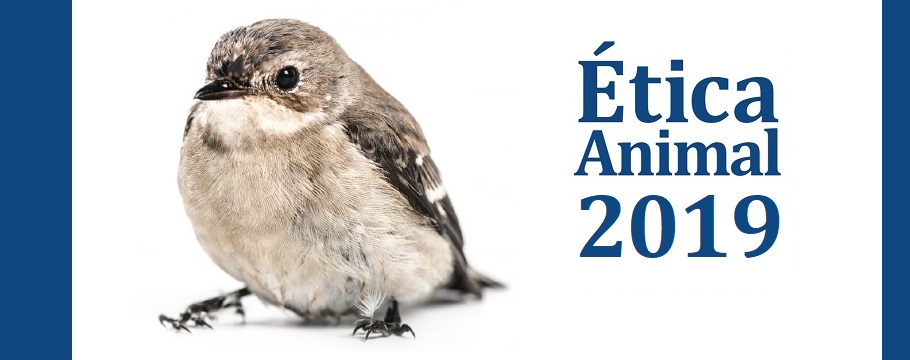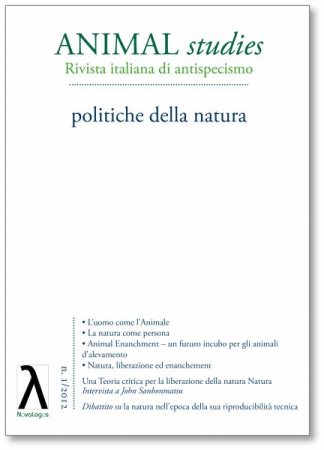On March 10th I will be visiting the UK to attend the conference Critical Perspectives on Animals in Society, which will take place at the University of Exeter. I’m looking forward to it! You can check the whole programme of the event here. So if you can attend this conference, don’t miss the opportunity.
Among other activists, representatives from Animal Equality will be there. I want to thank them since they are the ones who have encouraged and helped me to attend this conference, so thanks for the invite!
You can find below the abstract of the talk I will be giving at this conference:
Disregarding Sentient Beings: Speciesism and Environmentalism
The ethics of antispeciesist animal activism defends the consideration of all sentient beings. Environmentalism, instead, claims that what we should consider are ecosystemic relations and other natural entities, even if they aren’t sentient. For this reason, it approves of sacrificing sentient beings if it benefits environmental balances.
This has significant consequences that are very harmful for nonhuman animals. A clear example of this is the politics of “culling” wild animals that are considered “invasive” or too populous, as encouraged by the Sierra Club and many other groups. Other examples include the support given to “natural” forms of hunting by Greenpeace or the campaign the WWF has ran for years to promote massive animal experimentation to test potentially environmentally harmful chemicals.
Environmentalism also disregards the interests of nonhuman animals when they are in need of help. Environmentalism advocates aiding some animals in nature only when they belong to certain (environmentally interesting) species. But when other animals are involved, they oppose helping them, often claiming that doing so wouldn’t be “natural” (even though intervention to cull or save certain animals is not “natural” either). Antispeciesists disagree with this. Note that, although many people have idyllic views of how nonhuman animals fare in nature, the fact is that they endure severe hardships and often suffer and die in situations in which it might be feasible to help them. Antispeciesist concern for individual animals favours helping them in these situations if doing so doesn’t cause some greater harm to others.
Note that environmentalists don’t favour the massive killing of humans for the sake of biocenotic or ecosystemic processes. Neither do they reject helping humans in need of aid in nature even if that’s not “natural”. But they assume a completely different perspective when nonhuman animals are affected. This is due to their speciesist viewpoint.




